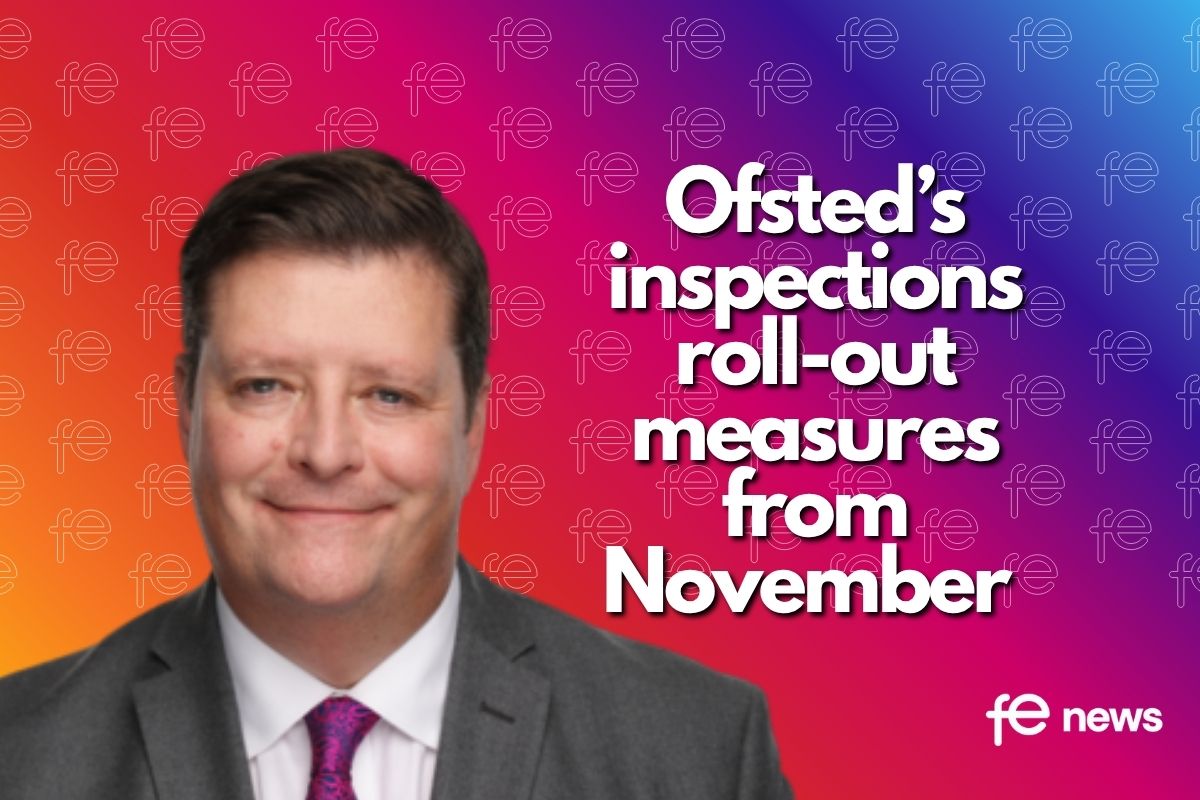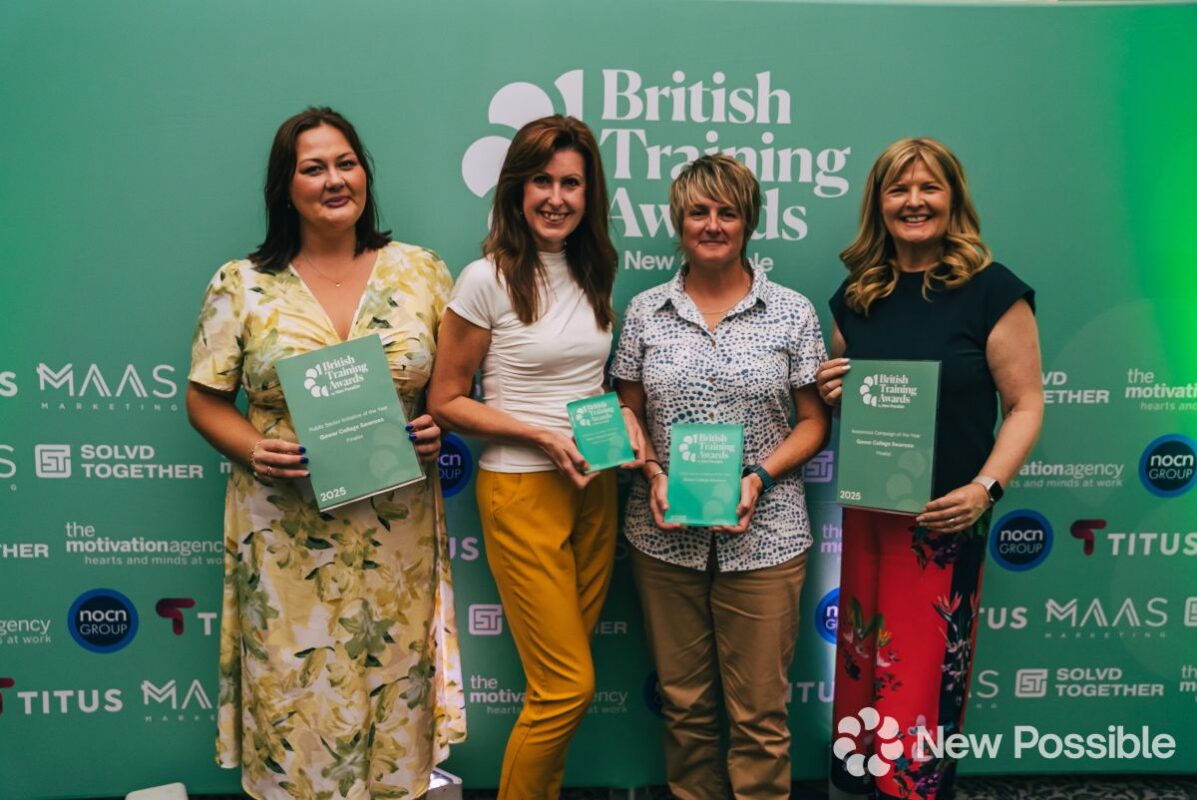AELP reacts to the publication of the latest qualification achievement rates

The Association of Employment and Learning Providers (AELP) has called for an overhaul in how apprenticeship success is measured following today’s publication of apprenticeship qualification achievement rates (QAR).
AELP has reiterated its call for a modernised approach to accountability for apprenticeship training providers, based on a wider range of quality indicators. Instead of using outdated methodology for calculating apprenticeship achievement rates, AELP has called for more focus to be placed on up-to-date and relevant measures such as earnings and progression measuring outcomes for learners – including those who do not complete their apprenticeship. There also needs to be a focus on the role of employer behaviour and accountability in how apprenticeship achievement is measured.
The QAR now stands at 53.4%, which AELP believes is partly due to the residual impact of the Covid-19 pandemic, and that the methodology still counts learners who left years ago based on their planned end dates alongside the impact breaks-in-learning has had.
Meanwhile, AELP has welcomed support measures being implemented by the Department of Education to help increase completions which have been set out in a letter to the sector from the Skills Minister Rt Hon Robert Halfon MP.
Jane Hickie, Chief Executive of AELP: said:
“The way in which apprenticeship achievement rates are calculated is out of date, and represents a regime prior to the introduction of an employer led system. We should be far more focused on outcomes, not outputs, including for those who don’t complete their apprenticeship. What we need is a wider set of measures assessed, including tracking learner progression and earnings following an apprenticeship.”
“Nevertheless, I was pleased to see the Skills Minister highlight some of the ongoing challenges facing the sector and acknowledge that there are many reasons for non-achievement which are outside of the control of providers and employers. For example, we know that the effects of breaks in learning due to Covid and the tight labour market are still having a big impact on achievement rates.
“We welcome the support the Department for Education has put in place for the sector, including supporting staff delivering apprenticeships through the Apprenticeship Workforce Development (AWD) programme. However, we would also point towards findings in our recent report, Raising the Standard, which outlined that much more needs to be done to increase the value and currency of apprenticeship qualifications if we’re to reach the goal of a 67% achievement rate.”











Responses